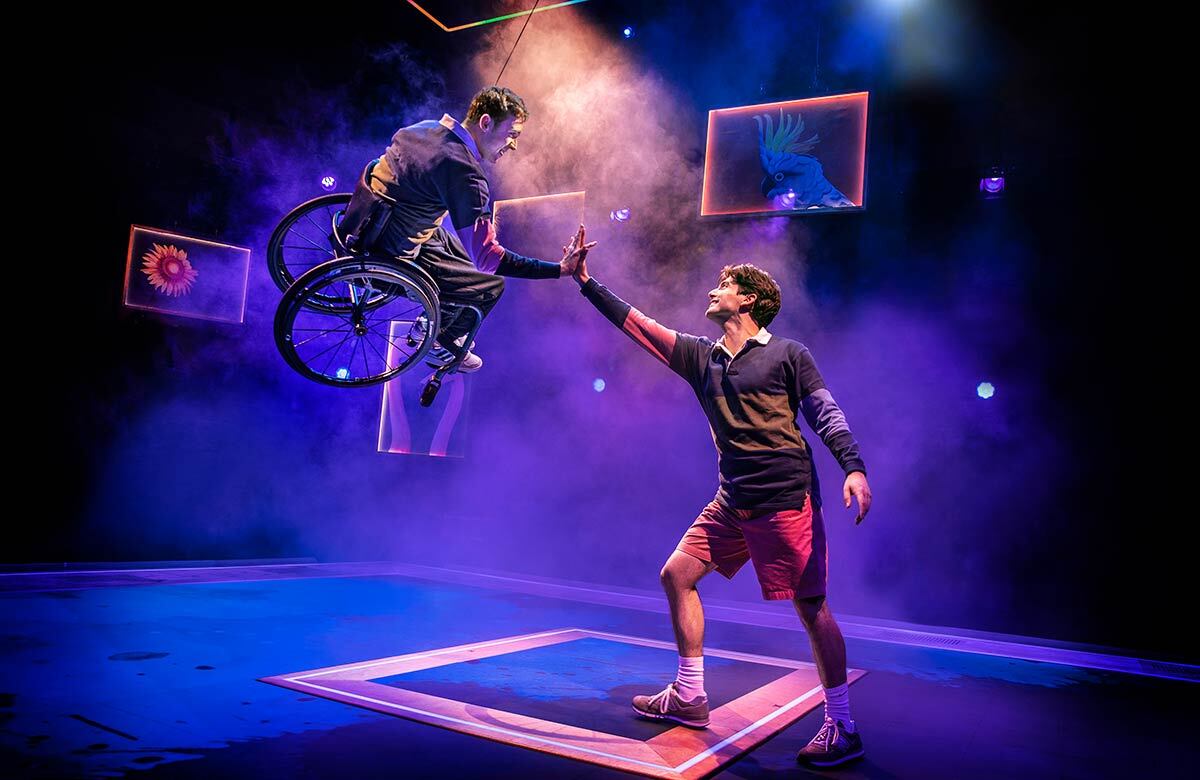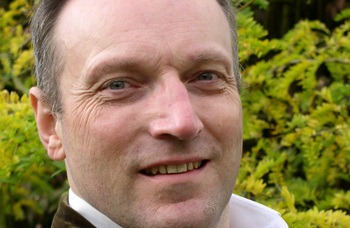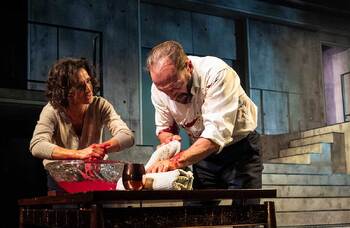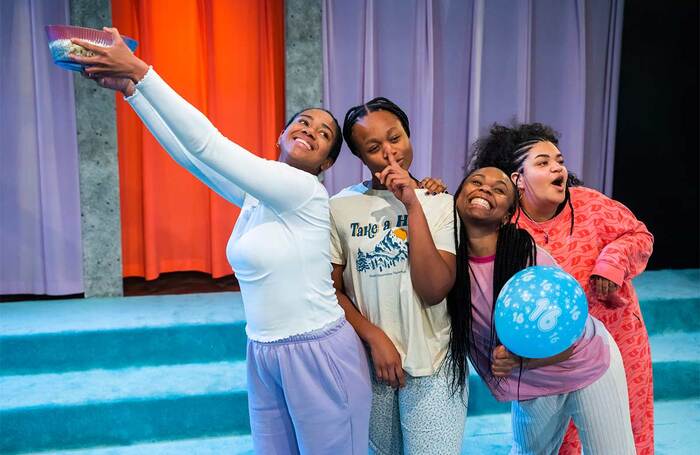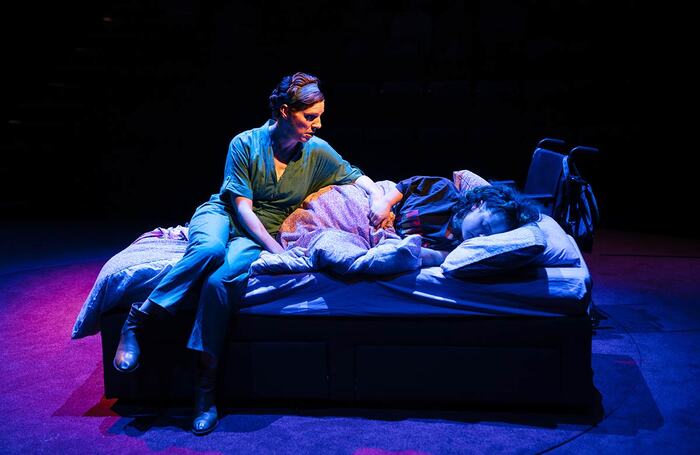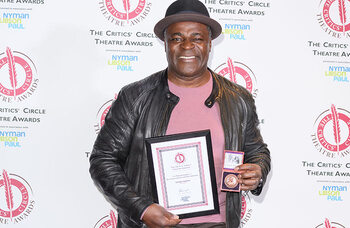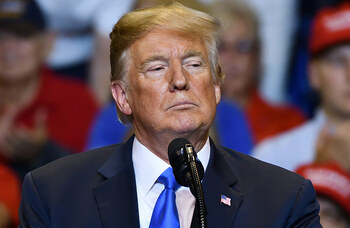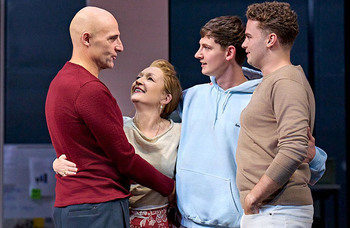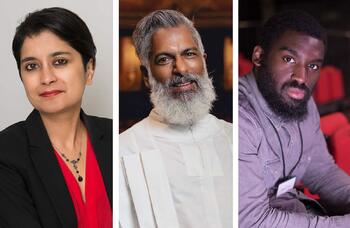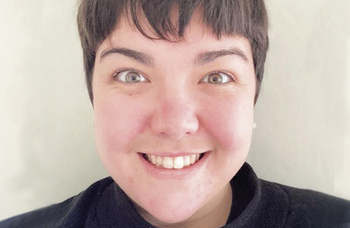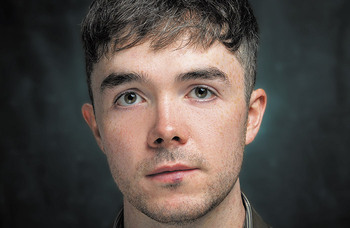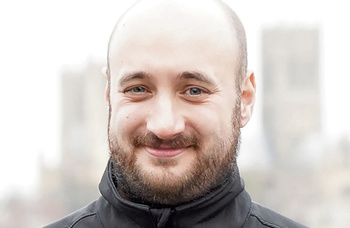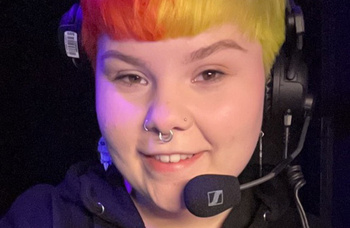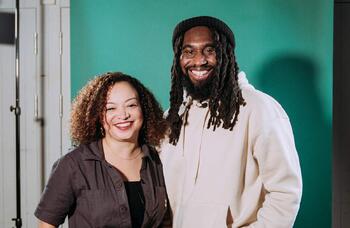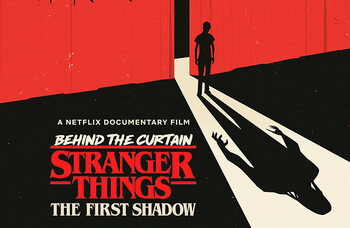Five years after Covid: let’s never lock out disabled talent again
Disabled people in the UK have faced a harsh operating environment over the past 15 years. Austerity cuts to services under the coalition government and Labour’s announcement last week of an overhaul of disability-related benefits are just some of the challenges encountered: it’s been tough. But even these issues, with all their myriad implications, pale against the impact of Covid when it arrived five years ago.
As lockdown descended in March 2020, I published the first of a series of articles in The Stage that unintentionally chronicled the rise to influence of the #WeShallNotBeRemoved disability advocacy campaign, and charted my own experience of the pandemic as a disabled individual. I believe attitudes towards disability in our industry have shifted seismically since. Post-pandemic lockdowns, disabled artists have been showered in commissions, awards and new-found respect, but somehow marginalisation never feels far away.
Perhaps living with a disability makes you more alert to incoming threats to your health, so I was very aware of the creeping approach of coronavirus to our shores back in January 2020. Many disabled people were. As life moved online in March, access was swiftly forgotten about. And it became quickly apparent that those of us who might be susceptible to the virus were not high on the government’s list of priorities either.
As a consequence, disabled people bore the harsh brunt of Covid deaths and life restrictions through extended periods of shielding. Our national media had started to refer to “clinically vulnerable people” and “underlying health conditions” in relation to the rising number of deaths without direct reference to disability. But we all knew what they meant.
Continues...
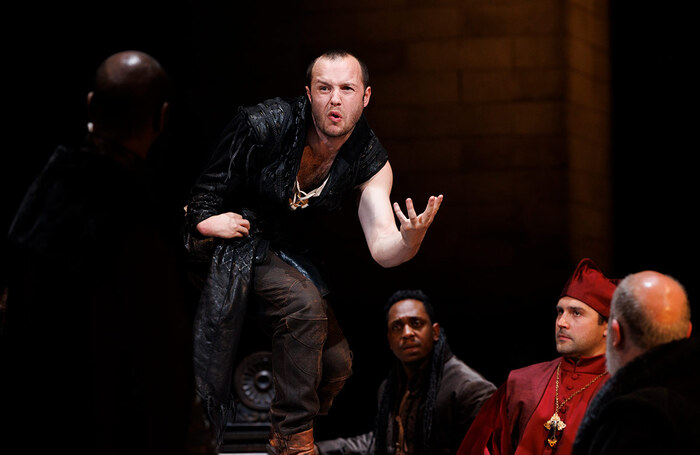
As the then-government disability champion for arts and culture, I quickly started being drawn into meetings with Department for Culture, Media and Sport officials and ministers to help them respond to the mounting chaos in our sector. I listened in horror to the experiences my disabled arts colleagues were sharing about their lack of access to essential supplies.
Recognising this as a unique moment of threat for disabled creatives, throughout April 2020 I set about assembling the UK Disability Arts Alliance to amplify the voice of creative disabled people who had been made invisible by shielding. Simultaneously Graeae Theatre’s Jenny Sealey was drawing attention to the huge additional access costs deaf and disabled artists were facing. Joining forces in May, we launched our #WeShallNotBeRemoved campaign, signalling that the disability arts world was coming together to advocate for an inclusive future.
Across a frightening, uncertain year, we wrote to UK culture ministers and gained headlines; we roared on social media and made #EndAbleism trend; we brought our 750-member community together in 30 fully accessible meetings to champion change; we shared the resilience and rich tapestry of disabled people’s art online; we influenced national cultural policy and leveraged more than £150,000 in extra funding to disabled artists; our voices were heard at industry conferences and parliamentary inquiries; we revealed in our survey just how marginalised disabled people were in culture in 2021; and we mourned the loss of our disabled friends and colleagues who tragically didn’t make it.
After that initial sugar rush of disabled creativity, I’ve noted a marked reduction in headline disabled casting and inclusive projects across creative industries
In short, we were not removed. Our lasting influence was exerted through the Seven Inclusive Principles created in tandem with What’s Next?, Attitude is Everything, Paraorchestra and Ramps on the Moon. The Seven Principles were created in the absence of any official government guidance around disability during the early reopening period in autumn 2020.
Alongside Covid-specific measures, the principles highlighted the importance of combating ableism in the sector, consulting directly with disabled people, engagement of disabled artists and celebrating disability in the workforce. Critical to their success was the endorsement of all four UK arts councils; sector leading bodies such as UK Theatre; and, later, the UK government.
The sector broadly recognised that the pre-pandemic industry had not served disabled people well and responded by actively embracing the principles to shape an inclusive cultural recovery in the UK. And that industry-wide response has been benefiting disabled artists ever since.
But as the direct health threat began to diminish, the wind fell from our campaigning sails. In 2021, I wrote about my hopes for the legacy of #WSNBR as “heightened recognition by arts funders and the sector itself of the need for inclusion, of the need to engage with anti-ableist practice, of the resilience of disabled artists and of the fragility of our place in the arts ecosystem, which this pandemic has cruelly exposed”. And, on reflection, the sector did just that and lifted its game in a way never before seen.
The immediate post-pandemic period saw Arthur Hughes cast as the first disabled actor to play Richard III in the history of the Royal Shakespeare Company; Francesca Martinez starred in her trailblazing play All of Us at the National Theatre; the first new-build, fully accessible West End theatre opened as @sohoplace with an equally accessible casting policy; Amy Trigg won an Olivier award for her performance in disabled-themed musical, The Little Big Things; while Matilda Feyiṣayọ Ibini won an Olivier for Sleepova at the Bush Theatre.
Continues...
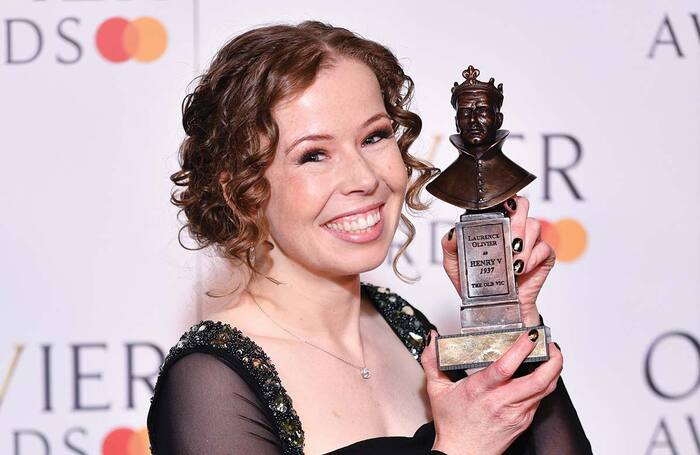
And there’s more. The recently published Arts Council England analysis of the 2018-23 national portfolio revealed that there were significant increases in the number of disabled people in the arts workforce and in board and leadership positions across the same period.
Yet, after that initial sugar rush of disabled creativity, I’ve noted a marked reduction in headline disabled casting and inclusive projects across creative industries in the past year. Part of me worries that this post-pandemic lockdown progress might just have been a flash in the pan, a guilt-driven blip. I’ve seen that before in the early 1990s, then again after the 2012 Olympics. Moments of progress often burn brightly for a short time before sputtering out as other realities intervene and we all move on to the next thing.
Set against the anti-diversity, equity and inclusion rhetoric pouring from the Trump White House, which is already impacting diversity initiatives this side of the Atlantic, I hope I’m wrong. Because priority swivels like this really damage disabled people’s confidence, limit careers and, crucially, diminish the intrinsic value of our work.
In March 2020, I suggested that the Covid lockdowns and their enforced limitations on everyone provided a unique insight into what it’s like living with a disability. Coming out of the pandemic, it felt like we’d all learned that inclusive theatre is better theatre. So, even with unprecedented high costs, stagnating income and loss of local authority funding, let’s not forget what lockdown felt like and ensure that disabled talent never gets locked out again.
Opinion
Recommended for you
Advice
Recommended for you
Most Read
Across The Stage this weekYour subscription helps ensure our journalism can continue
Invest in The Stage today with a subscription starting at just £7.99
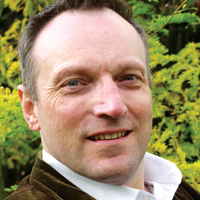 Andrew Miller
Andrew Miller